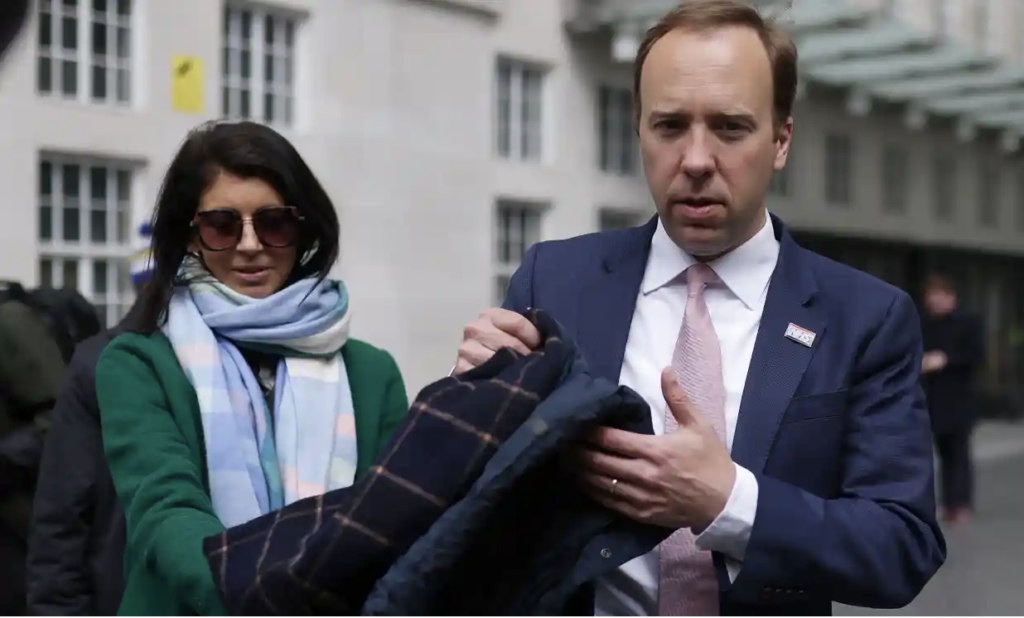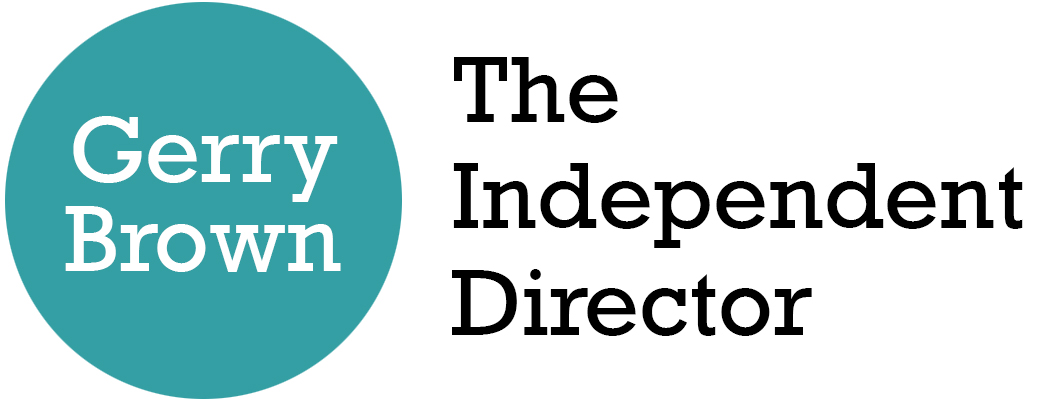
Hard working NEDs in NHS ill-served by furore over appointment practices of ex-Secretary of State for Health
THE appointment of one non-executive director (NED) to the Department of Health & Social Care (DHSC) without the due process of fair and open competition by ex-Secretary of State for Health should not be allowed the obscure the vital work undertaken by NEDs across the NHS, NHS Trusts & within NHS Improvement.
Recent press reports have seen Open Democracy, Unlock Democracy and the Labour Party united in raising clearly serious points about the award of NHS contracts but then – with robotic maths based on job advert descriptions and erroneous conflation of separate matters – also suggest that all/many NED appointments are part of the same possible corruption and cronyism equation (“strong evidence of cronyism” [Tom Brake] or “serve as nodding dogs” [Angela Rayner]).
Yet, original empirical research by Henley Business School for the Independent Director in Society reveals that NEDs in the NHS are the hardest working non-executives compared to the UK sports, education and charity sectors also questioned, surveyed and interviewed.
Though apparently shocking to more unworldly types, stated job description hours for many staff in the NHS – nurses, doctors and NEDs – bears no relation to additional unpaid hours put in on a daily basis by our health workers. During the pandemic but also before it.
Though the official non-executive director metric stated in press reports may be 15 days per annum, the reality is that more than two-thirds of NHS NEDs work three times more than the stated job description requirement. If there is a NED scandal to be found here that should concern us all it is that 41.2% of NHS NEDs work over 50 days per annum and another 24.9% work between 40-48 days. Given that the budget under their management across the NHS in 2020 was £129.9 billion, then clearly like all departments across the service, above and beyond performance by our doctors, nurses, ancillary staff, administrators and NEDs is based upon incredible service and personal commitment in the form of unpaid hours of labour.
If we are looking for matters of existential concern when it comes to NHS non-executives then 20% believe currently it is impossible to deliver against the existing NHS mandate. 89.1% of NHS respondents highlight a lack of resources (people and financial) to cope with day-to-day pressures, and 89.0% record an inability to cope with future challenges - both are serious areas of potential concern (with COVID exposing this). 0 (ZERO)% of NHS respondents requested further intervention from either the Department of Health or the Secretary of State nor any need for them to “take back control” to help NHS governance and/or outcomes improve.
Photo credit: Tom Nicholson/Reuters
